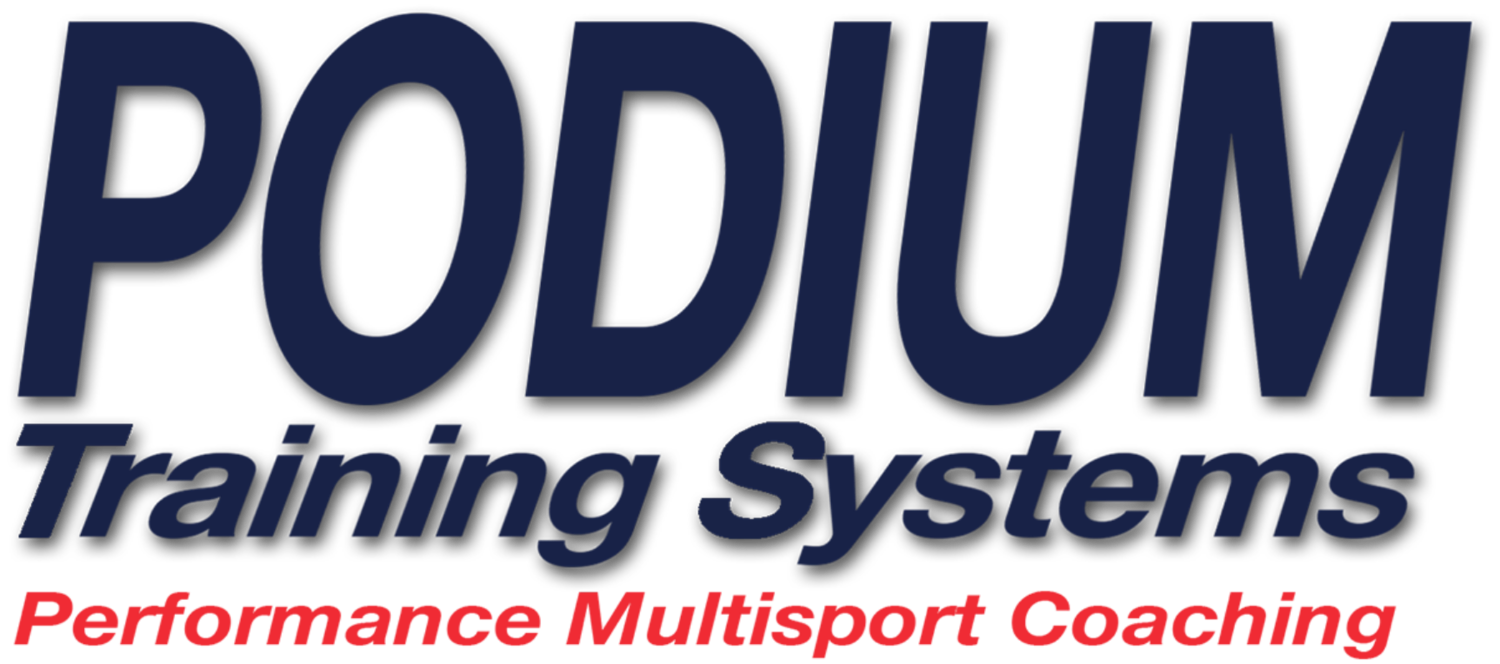Racing season is upon us. My athletes are - just after this past weekend - into full racing mode. With that, the demand from triathletes to hone and enhance their swim strokes is going up.
Swimming is perhaps the most mechanically dependent discipline in triathlon. Not that running and cycling aren’t without their mechanics and efficiency, but nowhere do you find such a direct relation to economy of stroke, mechanical efficiency, and speed. That being said, having a clean, efficient, and strong pull phase of the swim stroke is one of the most important things to focus on in the swim. Now, I'm certainly not discounting body position, head position, and other aspects of the stroke. But for now, let's just focus on the pull phase of the stroke as this is where the majority of the propulsion is derived. Maximizing the energy spent in this phase of the stroke is critical to the economy we can build into the swim.
What do I look for? First and foremost, a quick catch phase. This is the phase of the stroke, immediately after your hand enters the water, that you’re starting the stroke and “grabbing” water. The catch needs to happen quickly – removing a long glide phase from the stroke cycle. Why? In open water, there's too much cavitation of water from other swimmers around you. The goal is to catch water that isn't moving (or at least not moving as quickly as you) to help provide maximum propulsion.
Read more
